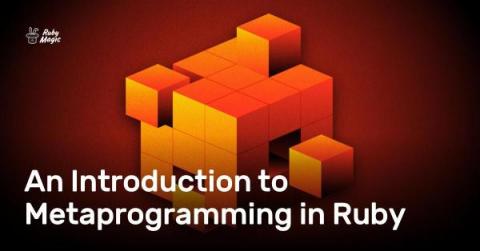How to Use MongoDB and Mongoose with Node.js
Mongoose is Object Data Modeling (ODM) for MongoDB. It represents application data as JavaScript objects, mapped to the underlying MongoDB database. You can use Mongoose to model data, enforce schemas, validate models, and manipulate data in a database without familiarity with the underlying database semantics. In this tutorial, you will build an Express server with Mongoose that serves a RESTful API. Let's get started!











